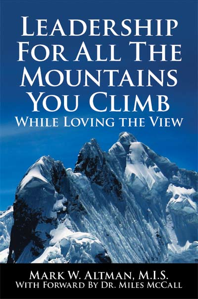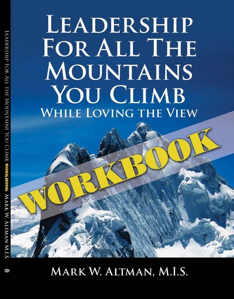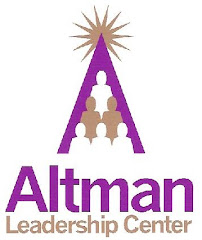Well summer, with its picnics, play, and adventure has come to a close while Fall is rapidly approaching. With its arrival comes the lumbering school buses taking millions of school age children to the greatest gift society can bestow upon them; the gift of education. A large piece of the educative process is the effort of committed, involved parents and one of the tools involved parents use is the Parent-Teacher Night or Open House.
When I was a Senior in High School, both of my parents took me to Open House, met everyone of my teachers, and delivered the same message they had delivered to every teacher I ever had: “He won’t give you any trouble, but if he does, paddle his behind and then call us and he’ll get it again when he gets home.” As you might imagine, my parents never got a bad phone call about me! With the precedent set, my parents did the same for my siblings, who consequently, all graduated from High School and went on to college.
When you take an evening, missing (insert your favorite TV show) to meet your child’s teachers, you are showing them how important education is in your family. When this demonstration is coupled with a consistent message, and actions such as providing a quiet place to do homework and using the district provided Internet software to check their grades, children inculcate the lesson of how important education is to you. Another benefit of attending Open House is the opportunity to establish a relationship with the teachers and administrators in the school.
The research is clear; more than 60 studies have shown that when parents are involved in their children’s education, children do better in school. If a parent is actually involved in the school, such as volunteering in the school or in the PTA/PTO organization, then children go further in school and the schools they attend are better.
Many parents are involved in their child’s education when the child is in elementary school; but involvement tapers off through middle school and by the time the child hits high school, is virtually nonexistent outside attending an athletic contest or other extra-curricular event. Again the research is clear, parent involvement in the high school years had the most positive impact on academic success of the factors studied. The overarching message to a child becomes, “home and school are connected-and that school is an integral part of the whole family’s life.”
You can, and should, ask your child’s teachers for strategies and techniques to help you help your child succeed academically, such as how to keep homework assignments organized and how to set expectations that are high but realistic and constantly challenging. For example, if a child is forgetting to do half of their homework in a grading period, the goal should be to improve to only missing 25-30%, once you have achieved that goal, then move to only missing an assignment very rarely.
For better or worse, one early gauge teachers, administrators, and children use to determine the interest level a family has in the child’s education is whether they come to Open House, so make sure you attend. If there is a very good reason you can’t attend that night, then make an appointment to conference with the child’s teachers to gather the information and chance to connect you missed out on. An education is the best gift you can give a child, and your taxes pay for it, get all you can for your dollar!
Mark Altman is a speaker and leadership consultant with the Altman Leadership Center. He has graduate work in Marriage and Family Counseling and is the author of Leadership For All the Mountains You Climb. You can book him as a speaker at www.leadright.net. He can be reached at mark@leadright.net.







